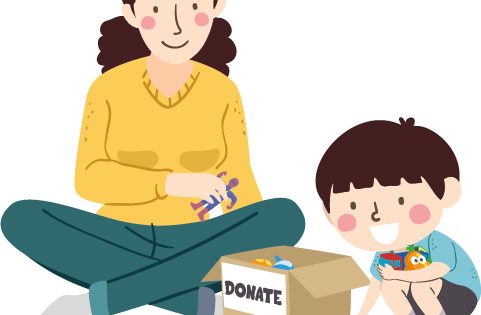The development of speech and language skills begin in infancy, even before your child uses his or her first word. This development progresses gradually as your child grows, making noises as an infant, to picking up new words by the time your child is two.
Speech and language problems can cause your child’s development to be affected in terms of behaviour, social and academic skills. Thus, it is important to detect the cause of the problem early.
Common Speech And Language Disorders
Speech and language problems can be divided into three categories: structural, neural and other related problems.
Structural
Cleft Palate Speech Disorder
This refers to children who are born with a cleft palate, as it is common for children with this condition to have speech problems at some point in their lives. Symptoms include:
- Inability to make certain sounds
- Sounding as if he or she is “talking through their noses”
- Your child making grunt or growl sounds
Articulation Disorders
Speech sound errors that do not change in different word contexts. Symptoms include:
- An obvious lisp
- Weak articulation of certain sounds beginning with the letters R, J, L and S such as “labbit” for rabbit
Neural
Development Language Delay
With this disorder, your child has difficulty learning or retrieving new words and putting sentences together. Symptoms include:
- Difficulty learning verb tenses
- Difficulty learning word classes
- Difficulty learning new words and using grammar properly
Dysarthria
A neurological speech disorder that affects a child’s muscle tone, making his speech sound slurred. Symptoms include:
- Weak vocal quality
- Rapid or slow speaking rate
- Generally weak, mushy, garbled and imprecise speech
Stuttering
When your child repeats individual speech sounds, usually at the beginning of words or phrases. Symptoms include:
- Your child developing a stutter when moving from using single words and short phrases to longer sentences or when they are under pressure to speak
Other Related Problems
There are also other related issues when it comes to speech and language skills problems.
Shyness
Some children are naturally shy and therefore do not do much talking, especially in the presence of a crowd. Symptoms include:
- Not speaking at all unless necessary
- Recluse and quiet
- If speaking, speaks with a quiet voice
- Concerns from teachers who claim your child is not speaking at all
Hearing
Having problems listening will give your child problems talking. As both senses are related, often times someone who is deaf is also mute. Symptoms include:
- Not forming words properly
- Keeps to oneself
- Not being able to make a full sentence properly
| What You Can Do |
|---|
|
The earlier a child’s speech and language problems are identified and treated, the less likely the problem will persist or become worse. Early evaluation by a speech therapist is crucial. As a parent, here are some general tips you can try at home:
|







Comments